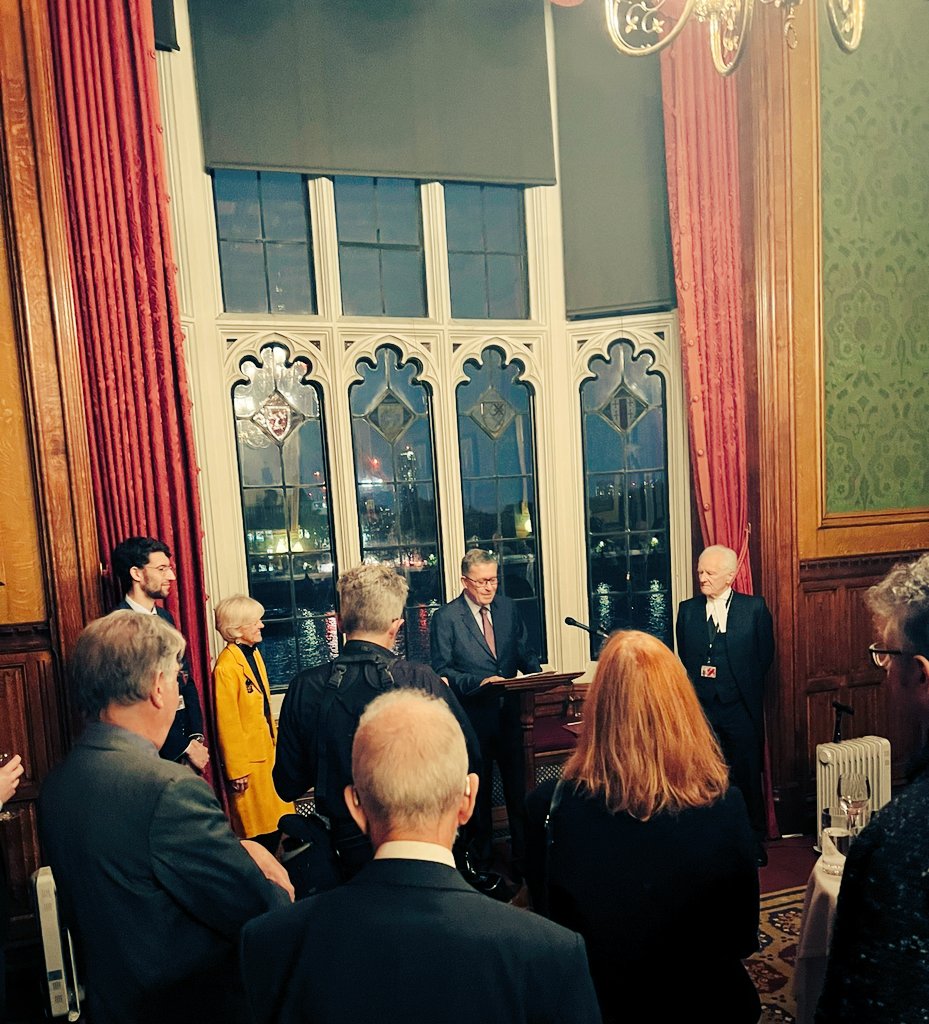41 years in the European Parliament – 351 different Brits elected to it – but if we are not careful, the work and efforts of these parliamentarians will be swiftly forgotten. As Lord (Christopher) Tugendhat, a former EU Commissioner, says in the book: “Now that Britain is no longer a member, it is as if the waves have closed over them, a sad ending to the high hopes and expectations that were expressed at the time of the first direct elections in 1979”.
So David Harley (former Deputy Secretary General of the Parliament) and myself (former Chief Executive of the European Parliamentary Labour Party and Shadow Brexit Minister) have set out the achievements and impact of thisgroup of politicians as well as how they were seen by others (including their children) and the stance of the main parties over time in regard to Europe.
The book tells the political story behind our EP membership, Tom Fieldhouse detailing how the Conservatives (in government for most of the 41 years and the party which took us both in and out) moved from pro in 1979 to anti by 2020, whilst Richard Johnson describes the mirror image, with Labour’s 1979 anti stance becomingEurophile by the end. Meanwhile, Lorin Bell–Cross recounts the (to most of us) disastrous story of Proportional Representation’s impact,including the voice it gave to Nigel Farage.
The rest of the book is largely written by players (politicos, journalists or civil servants) about politicians, bringing those weekly commutes to Brussels and Strasbourg to life.
One section covers how MEPs’ interlocutors saw the MEPs and their work – including long serving Euro Minister (Sir David Lidington), Tony Blair’s Number 10 European Advisor (Lord Roger Liddle), two Brussels based UK Reps (Lord Kerr and Sir Ivan Rogers), a journalist (the Financial Times Bureau chief George Parker), an Opposition Europe Spokesperson (Lord George Robertson) and a German MEP.
It then focuses on the UK’s best knownmembers: Neil Kinnock on his wife Glenys, with other pieces on Barbara Castle, David Martin, Basil de Ferranti, John Hume, Henry Plumb,Pauline Green, Daniel Hannan, Graham Watson and – of course – the long serving disruptor Nigel Farage.
A light touch is added with a few portraits of MEPs by their children: Tom Newton Dunn on his father Bill (the only person from any country to be an MEP both at the beginning in 1979 and at the end in 2020), Rachel Johnson on StanleyJohnson, and two others both of whose fathers (albeit from different parties) were deselected because of their pro EU views.
The book includes some specific examples of impactful work by individual MEPs – Alan Donnelly on his contribution at the time of German Reunification, Caroline Lucas MP on the environment, and Claude Moraes on Human Rights – as well as chapters on the Scottish, the Welsh and the Northern Irish MEPs. In the case of Ireland, the book tells the extraordinary story of the Ian Paisley/ John Hume axis and of the role played by their time in Brussels in laying the ground for the subsequent peace process.
A rather sad Farewell piece by the young Rory Palmer rounds off a description of the 351 women and men elected during those 41 years including a fair number who changed parties whilst there.
Overall, the book describes a remarkable “tribe” of politicians – over looked whilst they were in Brussels but even more at risk of being forgotten despite what these essays demonstrate: the impact they made. As Sir Ivan Rogers puts it: “The EU as a whole benefittedhugely from the expertise, the wisdom, the breadth, the temperament, the professionalism, the humour and even the constructive healthy scepticism of so many good British MEPs. Those contributions won’t be forgotten, and the imprint on what the EU has now become is indelible”.
Baroness Hayter of Kentish Town is a member of the Labour and Co-operative Party and was Shadow Deputy Leader of the House of Lords from 2017 to 2021.


